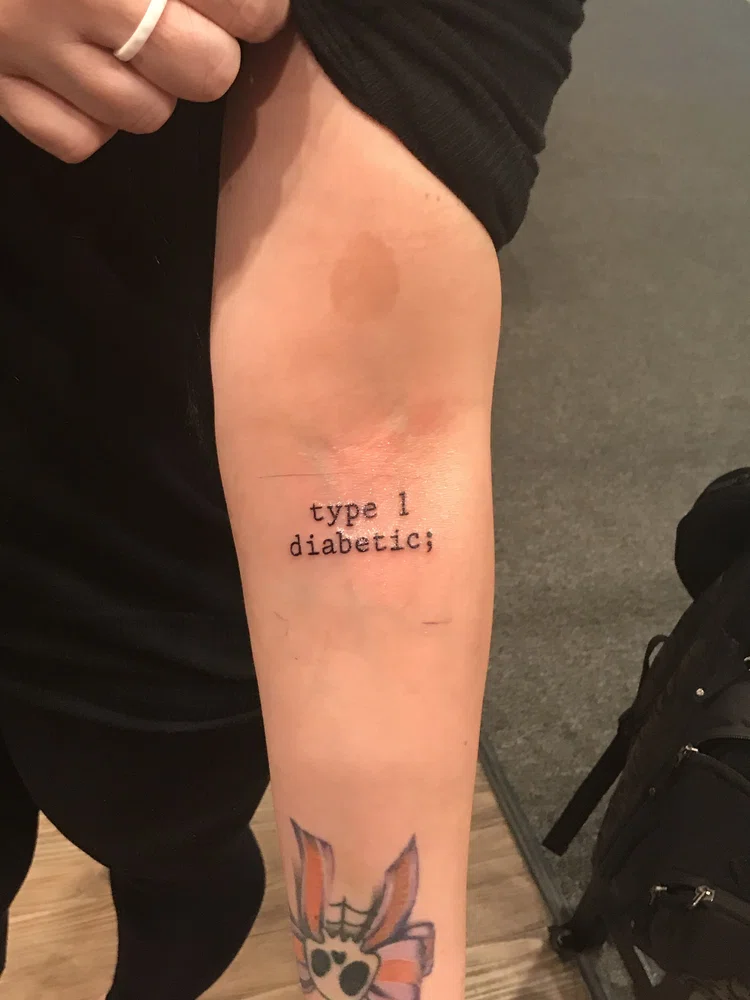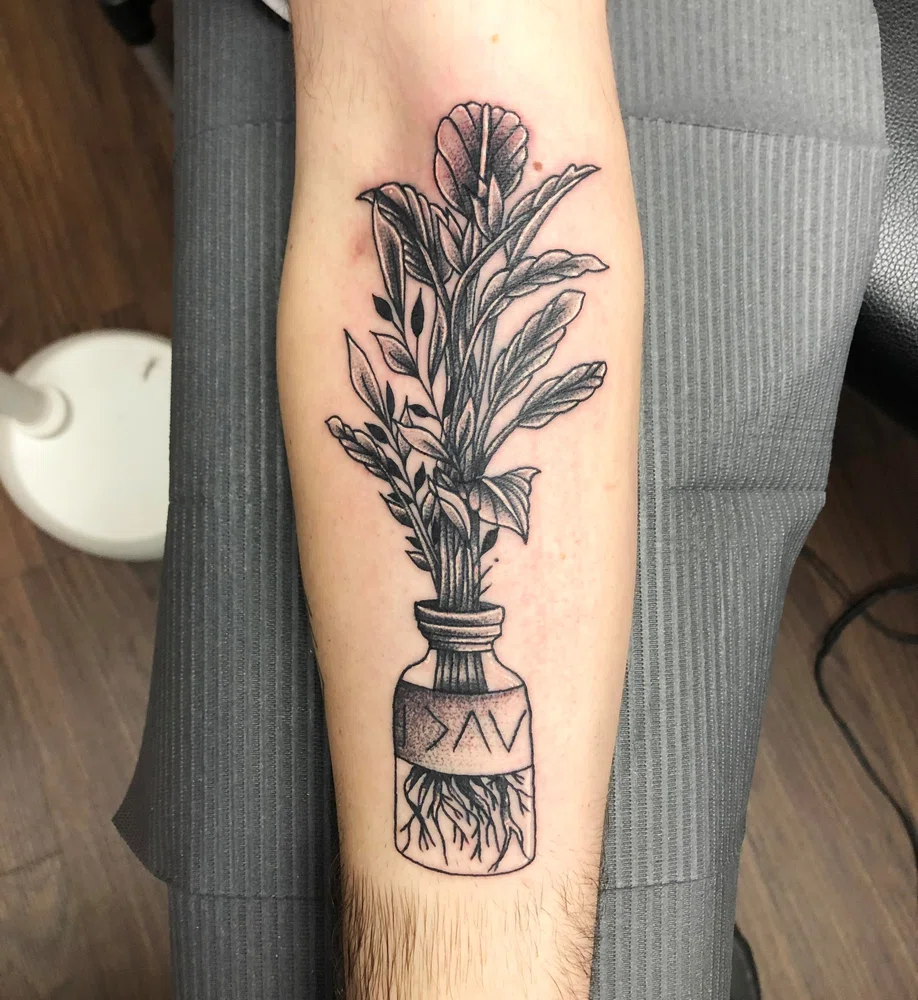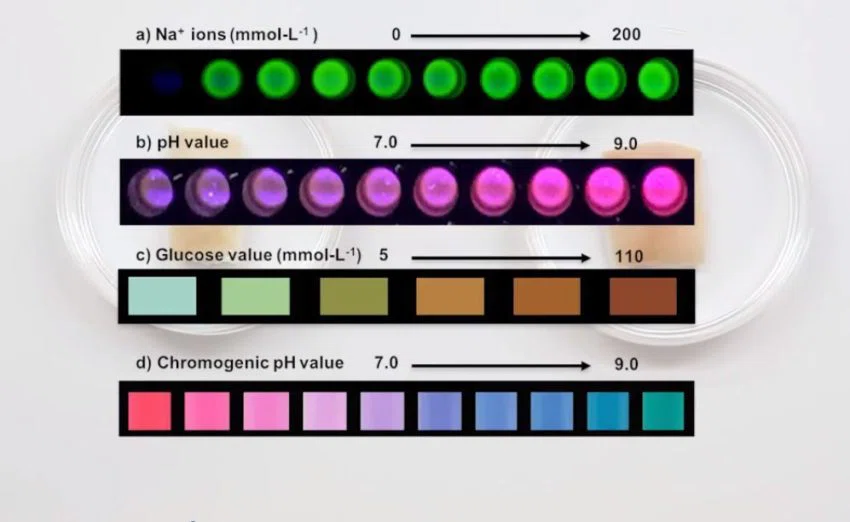Diabetic people, should they get tattooed?
Myths and truths about tattoos in diabetic people
27 October 2022
When making a tattoo, many precautions must be considered, such as the sanitary measures and skin care. But what about diabetic people?
Some rumours say that diabetic people may have more problems when it comes to tattooing and this can alert artists. What do the specialists say about this?
What is diabetes, and how does it affect the skin?

This is a condition that implies that the pancreas does not work as it should. It is chronic and it appears when this organ does not produce insulin or when the body is not able to assimilate it.
Insulin is a hormone that regulates blood sugar and, if not controlled, can cause major imbalances in the body.
Skin conditions are also associated. A person with diabetes is much more prone to dryness and other skin-related conditions.
Dry skin is one of the most common comorbidity in people with this condition since high blood glucose levels increase the chances of skin dehydration.
Among other symptoms, itching is the most frequent and avoiding scratching is paramount, since, otherwise, as the skin is so weakened, wounds can appear and even bleed. Therefore, it is critical to maintain hydration and moisture.
As you can imagine, this is a fundamental issue in the world of tattooing.
As the skin is the canvas for the designs, in the event of a possible illness and/or the existence of certain skin complications, it can warn you as a professional when doing a job.
But don’t panic, let's see how this may affects us.
Tattoos and diabetes, debunking some of the myths

Many people say that tattoos on diabetic people are not recommended. In fact, you can find endocrinologists who do not agree with patients who want to have one.
Other specialists, such as the British Diabetes Association, believe that, if the condition is properly controlled, this should not mean a major problem.
However, not everything depends on diabetes itself, but rather on the care that the person has.
If diabetes is not controlled:
- The skin may be in poor condition, without the necessary hydration, and this complicates both your work as a tattoo artist and your client's healing process. If there is a wound, the person with uncontrolled diabetes presents a much slower and more complicated healing process than other people.
- In addition, a poor immune response to infections may happen.
But, if diabetes is controlled
- Certain precautions must still be taken, especially if the client is insulin-dependent since it would not be advisable to tattoo in the areas where injections are usually made.
- Avoid tattooing elbows, ankles, knuckles, or wrists because they are the areas most prone to skin complications.
In addition, it is also said that people with diabetes, when tattooed, may be more susceptible to allergies, but many respond that it does not occur in all cases in the same way and it depends on each particular organism.
To rule out doubts, we can have an allergy test. It consists in tattooing a small dot with the ink that will be used and then wait 24 hours to see if any adverse effects arise.
Some people think that, a diabetic person should take medication after getting tattooed. This is not a general rule unless the tattoo gets infected.
Anyway, medical consultations are essential. An expert will always have the right answers.
What about henna tattoos?
Although henna tattoos are superficial and you do not need to puncture the skin (so you might think that they do not cause problems), on the contrary, they tend to cause allergic reactions in many people.
This is because the reddish-coloured vegetable ink used is mixed with somewhat toxic chemicals.
It is paraphenyledin, and it is what gives the black tone to the skin. The most frequent reactions are strong itching, irritation and redness.
So, in diabetic people, some recommend not getting this type of tattoo to avoid serious problems.
Inks specially designed for diabetics?

Another question that may arise about diabetic tattoos is whether inks specially designed for this type of client should be used.
The reality is that, as we mentioned before, if the client has good control of his illness, there would be no need to use different inks.
However, scientists have designed a type of ink with nanotechnology that changes colour depending on glucose and alerts when something is going the right way or the wrong way.
This technology was developed by the Massachusetts Institute of Technology (MIT) with Harvard, and it was baptised with the name Dermal Abyss, and it can analyse certain values and change colours when they vary! Impressive, right?
This is that when the pH changes, the ink changes between pink and purple, or when glucose goes up or down, the inks change from blue to brown, and when it comes to sodium, it fluoresces under UV light!

In any case, this ink is still at an experimental level and has only been tested on pig skin not on humans. However, it can be said that it seems to be working very well.
The project aims to expand its range of colours, and it also offers further research and clears up doubts about whether they are safe, if they last over time, if they affect the skin in any way or if they can be applied to any part of the body.
So, is it safe to tattoo clients with this condition?
When talking about health conditions, and you have doubts, you should consult a specialist. Both you and your client will be calmer, and you will be able to work safely, but most importantly, with certified information.
In any case, excluding the case of the client who is careless with this condition, tattooing people with diabetes should not lead to major complications. Anyway, just remember to ask them first if they are diabetic.
What do you think about this? Have you ever tattooed diabetic people? Drop us a comment!